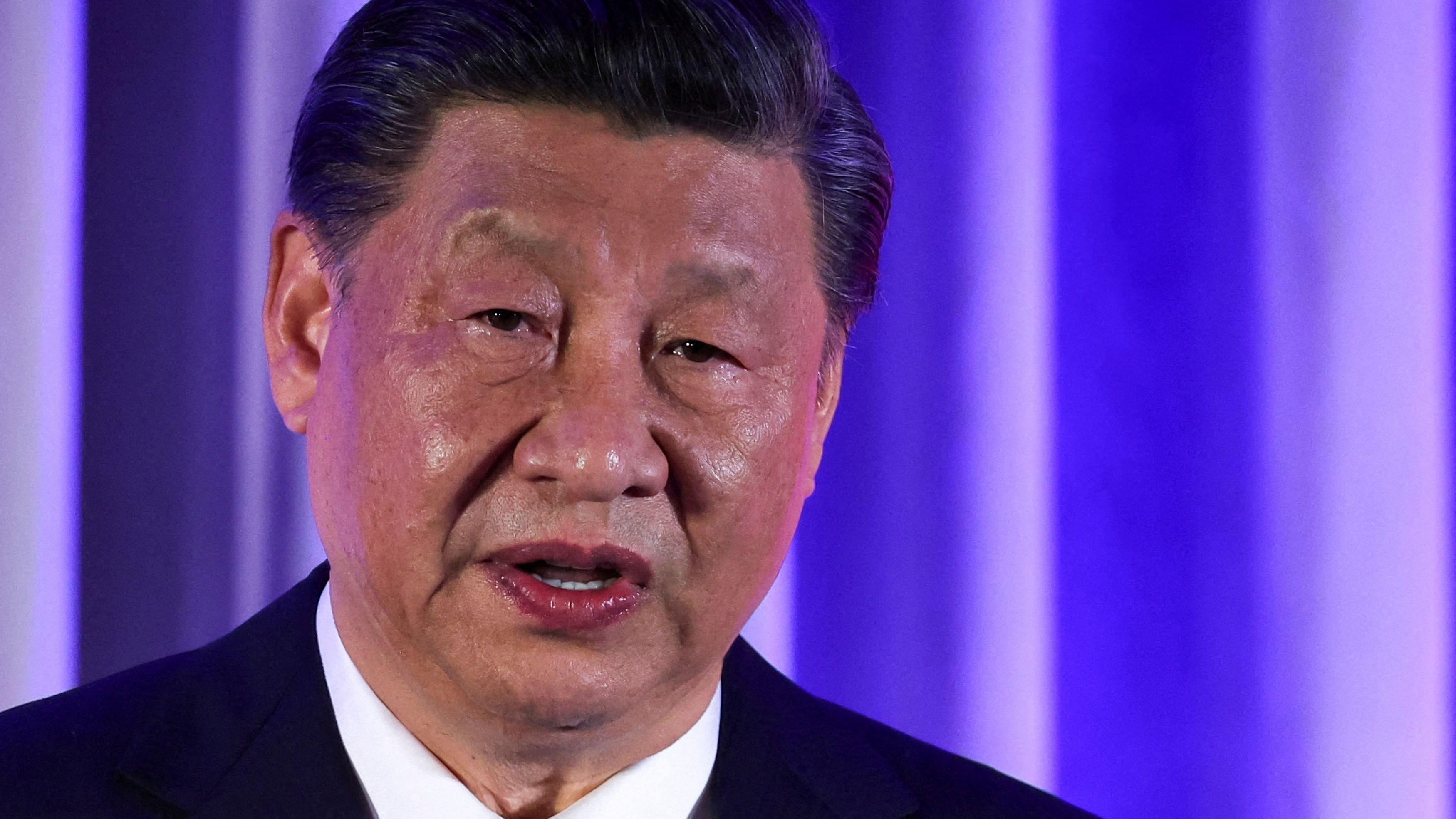
Chinese President Xi Jinping.
Credit: Reuters File Photo
Beijing: China's foreign ministry and embassies around the world this weekend warned countries against supporting Taiwan's Democratic Progressive Party (DPP) and condemned foreign governments that congratulated the island's president-elect Lai Ching-te.
After the DPP's presidential candidate Lai won the election on Saturday, several ministers and politicians from countries that share warm, if in most cases unofficial, ties with the self-ruled island sent congratulatory messages to Lai and the DPP.
This drew swift responses from Chinese embassies, highlighting Beijing's sensitivity to other countries appearing to give legitimacy to a candidate and political party it views as "secessionist forces" hoping to turn Taiwan, which it claims as its own, into an independent sovereign nation.
The Chinese foreign ministry on Sunday described a statement from US Secretary of State Anthony Blinken, which congratulated Lai and said Washington looked forward to further its unofficial relationship with Taiwan, as "sending a seriously incorrect signal" to "Taiwan independence separatist forces".
"China has always firmly opposed any form of official exchanges between the United States and Taiwan, and resolutely opposes the United States interfering in Taiwan affairs in any form and under any pretext," the foreign ministry said in a statement published on its website.
The Chinese embassy on Saturday condemned what it called the "incorrect actions" of British Foreign Minister David Cameron after he said, in a statement congratulating Lai and his party, that the elections were a "testament to Taiwan's vibrant democracy."
"We urge the United Kingdom to acknowledge the position that Taiwan is a province of China, cautiously handle Taiwan-related matters in accordance with the one-China principle, stop any remarks that interfere in China's internal affairs," the embassy said in a statement published on its official WeChat account.
The Chinese embassy in Japan went as far as lodging solemn representations, a form of official diplomatic protest, after Japanese foreign minister Yoko Kamikawa congratulated Lai on his victory.
Kamikawa called the self-ruled island "an extremely crucial partner and an important friend" but in the same statement she also stated that the working relationship with Taipei was on a "non-governmental basis".
"We solemnly urge the Japanese side to ... refrain from disrupting peace and stability across the Taiwan Strait and China-Japan relations," The Chinese embassy said.
Beijing, which has never renounced the use of force to bring Taiwan under its control, fears that Lai could declare the establishment of a Republic of Taiwan, which Lai has said he will not do.
Even on the eve of the election, Chinese diplomats were already warning their host countries of the consequences of supporting Lai and the DPP.
Xiao Qian, Chinese ambassador to Australia, published an article in The Australian on Friday where he warned his host country of unspecified dangers if it were to support "Taiwan independence forces" like the DPP.
"If Australia is tied to the chariot of Taiwan separatist forces, the Australian people would be pushed over the edge of an abyss," he wrote.